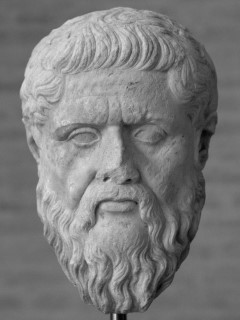
Publication details
Publisher: Palgrave Macmillan
Place: Basingstoke
Year: 1997
Pages: 167-171
ISBN (Hardback): 9780333677421
Full citation:
, "Walter Benjamin", in: Twentieth-century literary theory, Basingstoke, Palgrave Macmillan, 1997


Walter Benjamin
"The author as producer"
pp. 167-171
in: K. M. Newton (ed), Twentieth-century literary theory, Basingstoke, Palgrave Macmillan, 1997Abstract
You will remember how Plato, in his project for a Republic, deals with writers. In the interests of the community, he denies them the right to dwell therein. Plato had a high opinion of the power of literature. But he thought it harmful and superfluous — in a perfect community, be it understood. Since Plato, the question of the writer's right to exist has not often been raised with the same emphasis; today, however, it arises once more. Of course it only seldom arises in this form. But all of you are more or less conversant with it in a different form, that of the question of the writer's autonomy: his freedom to write just what he pleases. You are not inclined to grant him this autonomy. You believe that the present social situation forces him to decide in whose service he wishes to place his activity. The bourgeois author of entertainment literature does not acknowledge this choice. You prove to him that, without admitting it, he is working in the service of certain class interests. A progressive type of writer does acknowledge this choice. His decision is made upon the basis of the class struggle: he places himself on the side of the proletariat. And that's the end of his autonomy. He directs his activity towards what will be useful to the proletariat in the class struggle. This is usually called pursuing a tendency, or "commitment". …
Cited authors
Publication details
Publisher: Palgrave Macmillan
Place: Basingstoke
Year: 1997
Pages: 167-171
ISBN (Hardback): 9780333677421
Full citation:
, "Walter Benjamin", in: Twentieth-century literary theory, Basingstoke, Palgrave Macmillan, 1997


